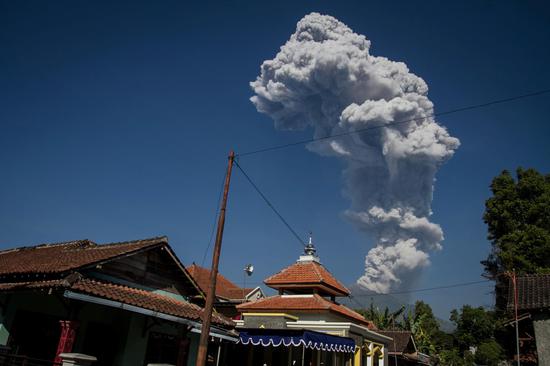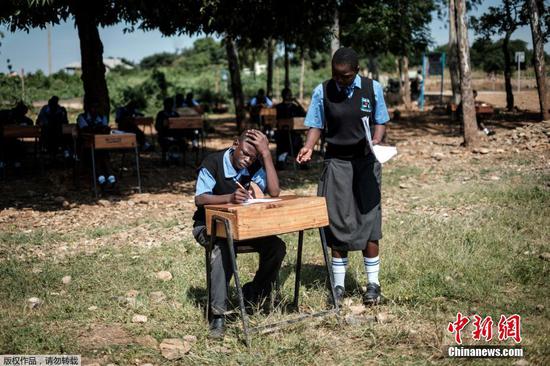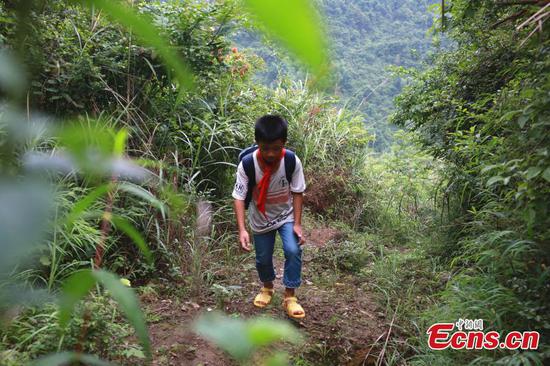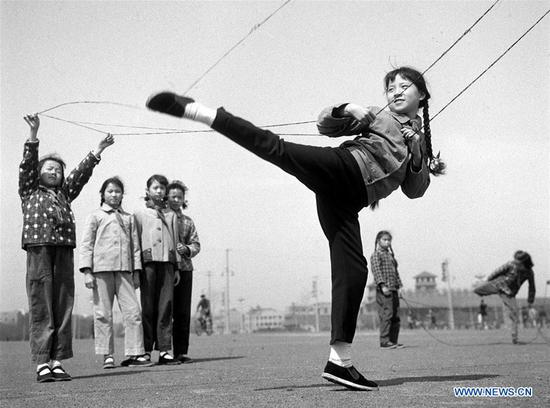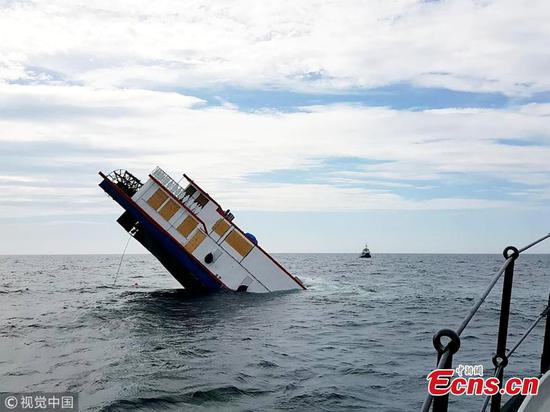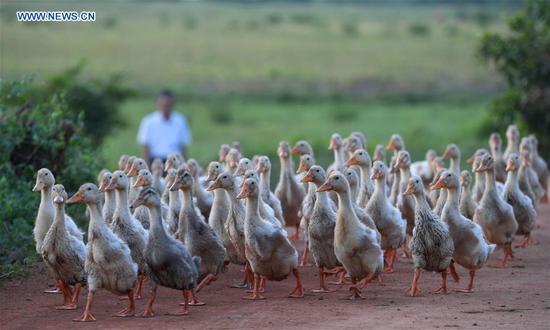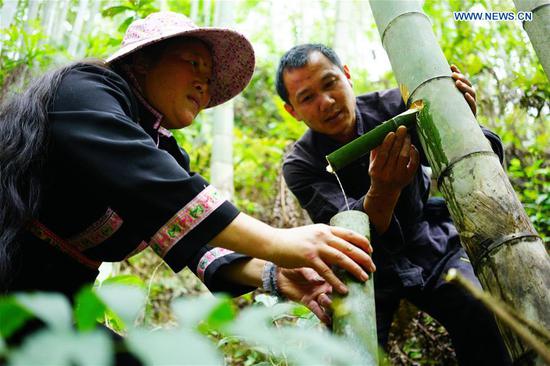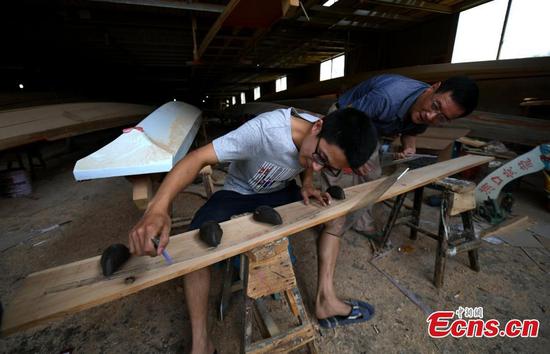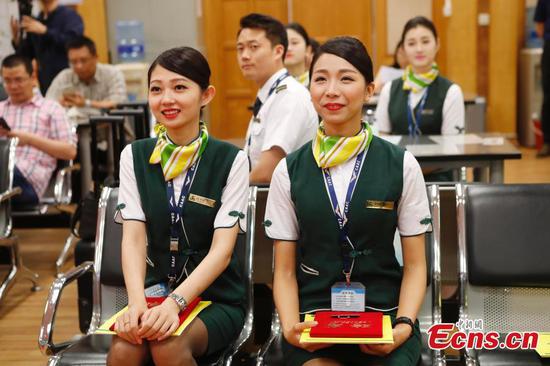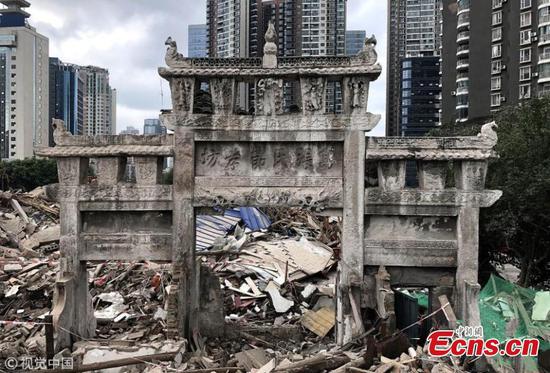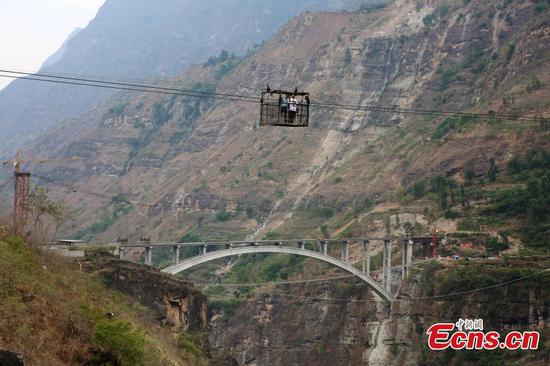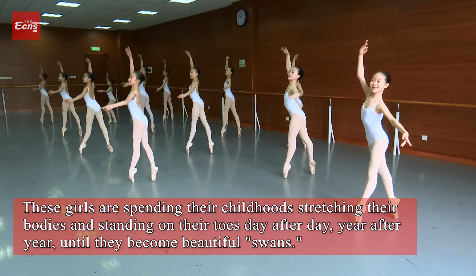Study looked at factors such as mortality, malnutrition, education
China ranks the 40th globally in children's welfare and is one of the safest countries in Asia for children to grow up in, research shows.
An annual study by Save the Children-an international NGO that promotes children's rights-found China scored 939 out of 1000 in an index ranking children's welfare, giving it 40th place out of 175 countries. The U.S. and Russia were in the 36th and 37th places respectively.
China ranked the 41st among 172 countries last year.
The End of Childhood Index 2018, which was released on Thursday, also shows that the situation for Chinese children is the best among developing countries in Asia, a place China has retained for the second year.
Singapore and Slovenia tied for top place with scores of 987, the report said. Seven other Western European countries including Norway, Sweden and Finland also made it to the top 10. Nigeria ranks last among countries surveyed, scoring 388.
Mongolia was 71st and Vietnam 96th. Myanmar and Nepal ranked behind 100th, according to the report.
The scores were calculated based on the latest data for 175 countries.
They measure the extent to which children in each country experience childhood death, chronic malnutrition, exclusion from education, child labor, early marriage and early pregnancy. Countries with higher scores do a better job of protecting childhoods.
Compared to last year, the overall situation for children in 95 countries appears more favorable, while that in 40 countries was worse, the report said.
The survey also found more than one billion children live in countries plagued by poverty, and 240 million in countries affected by conflict and fragility. More than 575 million girls live in countries where gender bias is a serious issue.
In East Asia and the Pacific, 76 percent of countries have made progress, but the Philippines saw a decline due to higher levels of malnutrition, the report said.
Zhang Jing, executive director of Family Development Research Center under China Women's University, said the ranking has reflected China's effort in promoting children's welfare since it signed the Convention on the Rights of the Child in 1990.
"China since has done an excellent job in improving children's health, building facilities such as kindergartens and children's palaces, promoting compulsory education and helping homeless children," she said.
But Zhang noted there's still room for China to make further improvements, especially in areas such as psychological education for children, and education for disabled children. "Education for parents should also be incorporated into laws to reduce child abuse and domestic violence targeting children," she said.
Wang Chao, country director of Save the Children in China, echoed Zhang's comments. He said that though China has highlighted the importance of inclusive education in its rules on education for the disabled, there's a long way to go for the policy to be translated into tangible benefits.
"Far greater investment needs to be made in inclusive education to enable all children to be able to attend and learn at mainstream schools," he said.










